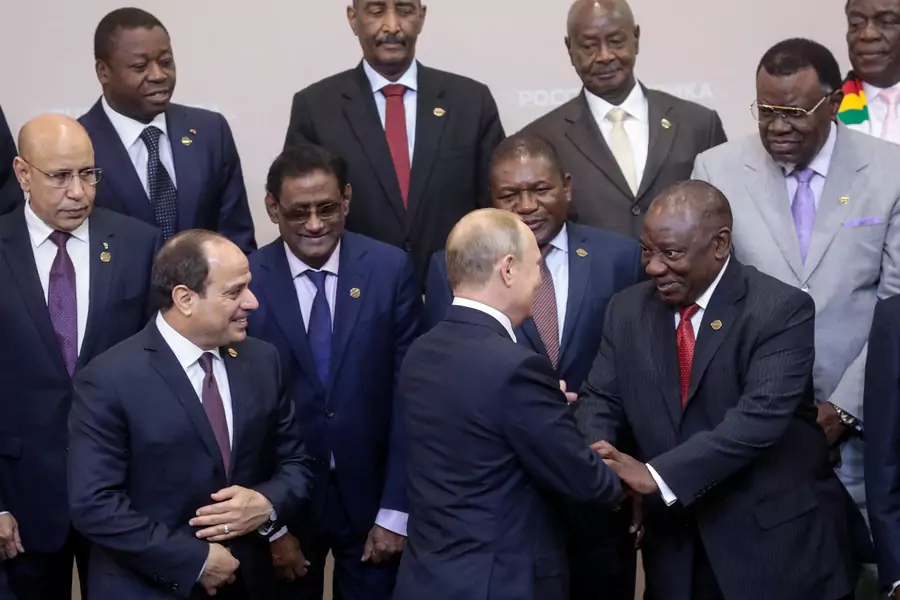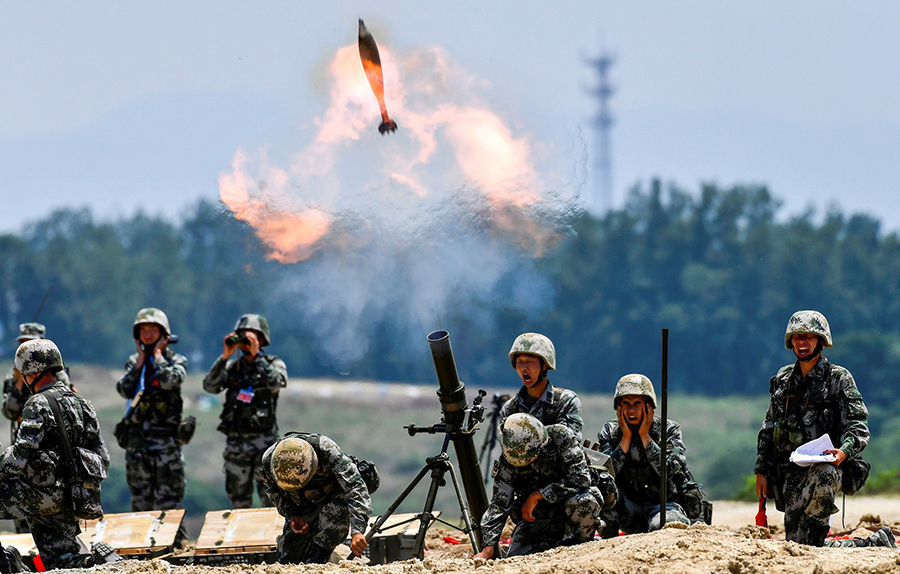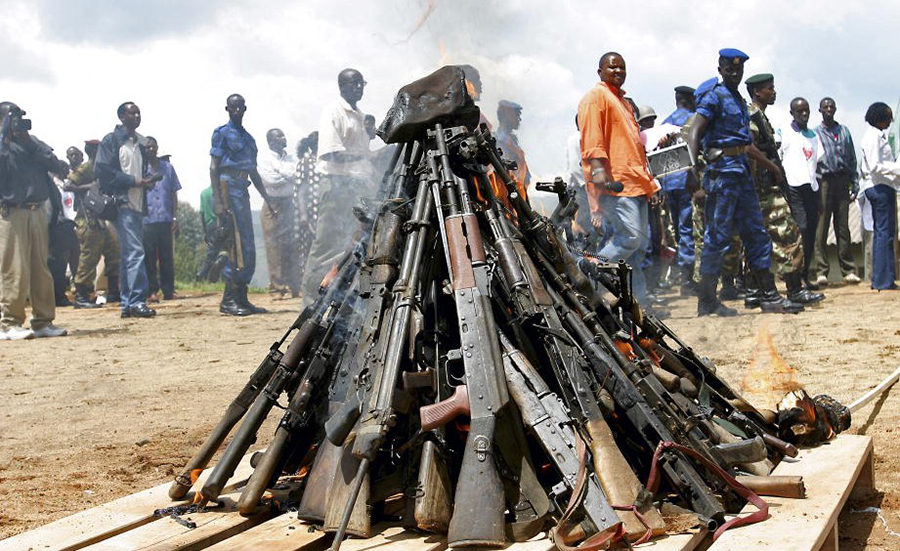By Dr Tafataona Mahoso
THE President of Belarus, Aleksandr Lukashenko, was in Zimbabwe on a State visit recently.
Belarus borders both Russia and Ukraine that are fighting each other in a war many see as provoked by NATO expansionism which has intensified since1999.
One would expect that the relationship between Zimbabwe and Belarus alone would significantly raise the profile of that East European region in national media and motivate us to pay more attention to the NATO proxy war.
Even more paradoxical is the fact that shortages of wheat flour and bread here, in the rest of Africa and elsewhere have been blamed on the same war, but the war itself has not been viewed as a struggle for land and its resources.
It has been characterised mainly as an ideological struggle.
Since Zimbabweans have been under Western sanctions for more than 20 years as punishment for reclaiming their land, the reference to Ukranian wheat should have, in my view, motivated us to ask whether or not the Russia-Ukraine war partly represents a local and regional struggle for land and its resources which NATO has globalised to suit its own quest for minerals, energy food resources as well as a struggle to market weapons.
Incidentally, the visit to Zimbabwe by the President of Belarus is also related to the recent African reclamation and land revolution.
Belarus is offering technology for mechanizing our agriculture in a situation where Western sanctions have long denied us both credit and agricultural technology.
Linear approach to the war
As happened in other cases of Western intervention in Indo-China, Iraq and Afghanistan, the linear approach presents local populations as seeking to ‘escape’ their condition with Western (in this case NATO) help.
The escape is often imagined as being made possible via the overturning of the local indigenous culture in order to achieve ‘development’.
Often the imagined escape is literally dramatised by airlifting a few desperate souls to resettle anywhere in the West.
In this way, NATO is seen as the positive force for effecting the ‘change’ required to create a democratic society and modern market economy.
For example, the war against Iraq was pictured as a great opportunity for the West to export democracy to the Middle East by destroying and rebuilding one country as a model.
Ukraine’s bid to join NATO was also viewed, at least in Western media, as offering a similar opportunity, despite the fact that a similar attempt in Iraq failed dismally.
This linear view of the war means that most of the media attention will be focused on the armed forces and equipment and how these may determine who ‘wins’ or loses the war.
Indeed, most of the times we have been allowed to hear Ukranian President Volodymyr Zelenskyy speak to us through Western media, he has been pleading for more tanks, more missiles, airplanes, satellite systems, computers and drones of all types.
And much of the Western reportage we can access also focuses on analyses of the military hardware which Poland, France, the UK and other NATO members have been willing to sell or ‘donate’ to Ukraine.
The debate on the war in the US is also concerned mostly with arming Ukraine or training its air services against Russia. The majority of the analyses portray Western military supplies as superior to Russian military technology and, therefore, likely to enable Ukraine to ‘win’ the war in the long-run.
When attention turns to locals, the Ukrainians are praised for their genius and ingenuity in modifying antiquated Soviet-era equipment or in mastering the bumper harvest of the super-sophisticated military gear coming from the West.
In other words, much of the linearist reporting is devoid of real people, real communities and the real aspirations of those who live there and intend to live there with their neighbours.
It is devoid of the real people caught in the clashes of so much military machinery and wizardry.
African relational approach
The African relational approach makes it extremely difficult to imagine or encourage military ‘victory’ for Ukraine or the Russian Federation.
In that perspective the word ‘victory’ may refer only to gains made by the NATO interveners who are free to come and go and do not have to live with the long-term consequences of this war.
Real ‘victory’ for those who live in the region and intend to continue living there does not mean a military solution but a choice to sue for sustainable peace and stability without NATO.
The African relational approach avoids much of the drama represented by pitting Vladmir Putin against Volodymyr Zelenskyy or Vladmir Putin against Joe Biden, or Vladmir Putin against Emmanuel Macron or any other Western leader.
The African relational view would underline the fact that one reason why long-term local and regional people-to-people relationships are being ignored is because Ukraine presents the best opportunity for marketing Western military hardware since the Iraq war.
Such a view clearly underlines a concern for the fate of both society and ecology after the war. What is the extent of the ecological damage inflicted through so many weapons being imported into one country, many of them being tested for the first time in real combat?
The African relational approach would also seek to understand relations among all the East European communities in the area and how they have lived and interacted over centuries. An African analyst using this approach will remember that Jews and Arabs in Palestine have not always been in conflict and that they are both Semites, even though nowadays being anti-Semitic is equated to being anti-Jewish and Arabs are routinely condemned as anti-Semitic.
This African approach would also suspect that the land question may be as important in Palestine as it is in Ukraine.
Western intervention and globalisation of the Arab-Israeli issue have greatly obscured the fact that, at the bottom of the conflict is land as a source of livelihood, land as space, land as a basis for collective identity, community self-expression and mutual co-operation.
The African analyst using a relational approach will remember that the Western war of aggression in Indo-China almost succeeded in using ideology to create different peoples between North and South Vietnam, the way they had succeeded in dividing North and South Korea.
In China we still have the separation of Taiwan from the Peoples Republic of China as a legacy of Western intervention.
Hong Kong, though now part of the Peoples Republic of China, continues to present challenges to re-unification and to present opportunities for Western mischief using ideology; just as Taiwan is used to market Western weapons in the name of protecting one Chinese people against mainland China.
Here it is easy to see how a Ukraine belonging to NATO against Russian opposition would also present opportunities to arm it to the teeth against its bigger neighbour.
This African relational understanding arises partly from the fact that Africans, for the last 500 years, have suffered the worst effects of the Eurocentric linear perspective.
Most Africans now exist within linear and artificial structures of thought, nationality, culture, religion and economic production which foster division, nationalist chauvinism, individualism, greed and conflict.
Bringing down those structures has proven near impossible because they have been deeply internalised over centuries.
In short, one small way in which our media here could contribute to peace building in Eastern Europe is to research the question of East European regional and local relations without NATO.
The Zim Patriot



